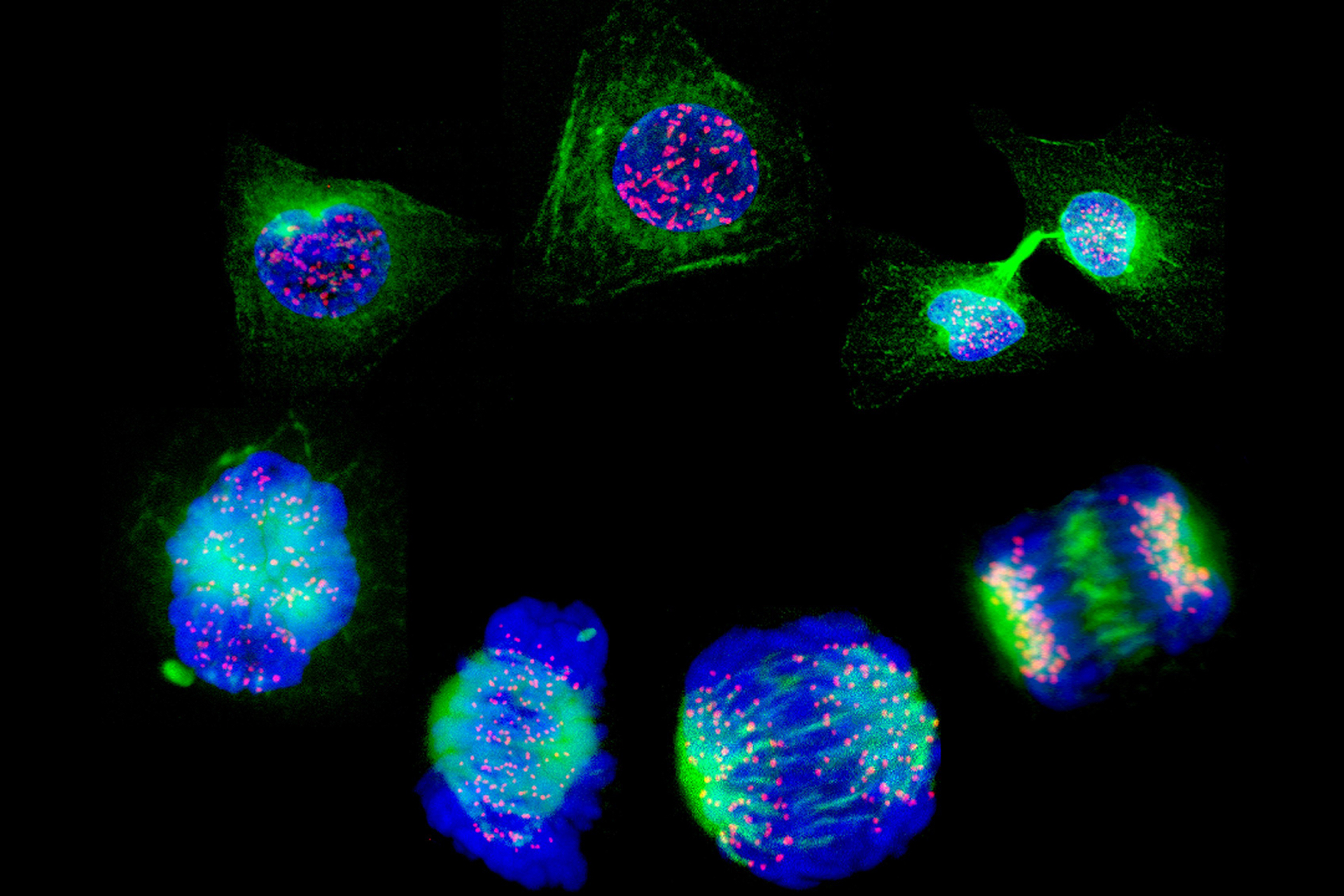Macaque monkeys have become some of the longest-surviving recipients of cross-species organ transplants, after receiving genome-edited pig kidneys.
Xenotransplantation – the transplantation of tissues, organs or cells between species – is the subject of research that aims to develop donor organs suitable for use in human patients, where demand consistently exceeds supply. The kidneys came from pigs whose genomes had been edited using CRISPR/Cas9 to reduce the risk of transplant rejection by humans and other primates.
'Our proof of concept study … shows for the first time durable long-term survival in the largest pre-clinical study conducted to date in this field, demonstrating success in sustaining kidney function in non-human primates for over two years,' said Dr Michael Curtis from eGenesis in Cambridge, Massachusetts who was co-author of the research published in Nature. 'The results are unprecedented and signify a monumental step forward for achieving human compatibility'.
The pigs' genomes carry 69 separate edits: three to inactivate genes that could trigger rejection, and 59 to inactivate a retrovirus whose genome was incorporated into pigs' DNA long ago. The final seven edits were the addition of human genes to keep the transplanted organ healthy.
Previous studies have shown that pig organs can grow too large in recipient bodies. Other studies have used genome editing to try to control this growth (see BioNews 1209), but this team instead used Yucatan miniature pigs which have a naturally smaller size and slower growth.
To test the impact of the edits, five monkeys received kidneys that did not have the seven human genes, and 15 received organs with the fully edited genomes. All received immunosuppressive medication to prevent rejection.
Nine of the monkeys survived longer than 50 days, all of which had the kidneys with the human gene. Five of these lived for over a year, and one monkey survived 758 days with the new organ, among the longest survival times ever recorded for interspecies transplantation.
'This dataset demonstrates remarkable progress in editing the porcine genome to minimise hyperacute rejection, improve recipient compatibility and address the risk of viral transmission from donor to host,' said co-author Professor Tatsuo Kawai, from Harvard Medical School, Boston, Massachusetts. 'We anticipate that transplant outcomes in humans will be even more favourable, as these gene-edited organs are a better match for humans, as compared with non-human primates'.
Sources and References
-
eGenesis announces publication in nature of landmark preclinical data demonstrating long-term survival with genetically engineered porcine kidneys
-
Design and testing of a humanized porcine donor for xenotransplantation
-
Monkey survives for two years after gene-edited pig-kidney transplant
-
Gene editing enhances compatibility of pig organs for human transplants
-
Major advance in transplants as monkey survives two years with pig kidney
-
Landmark pig kidney transplants in monkeys raise hopes for human surgeries





Leave a Reply
You must be logged in to post a comment.